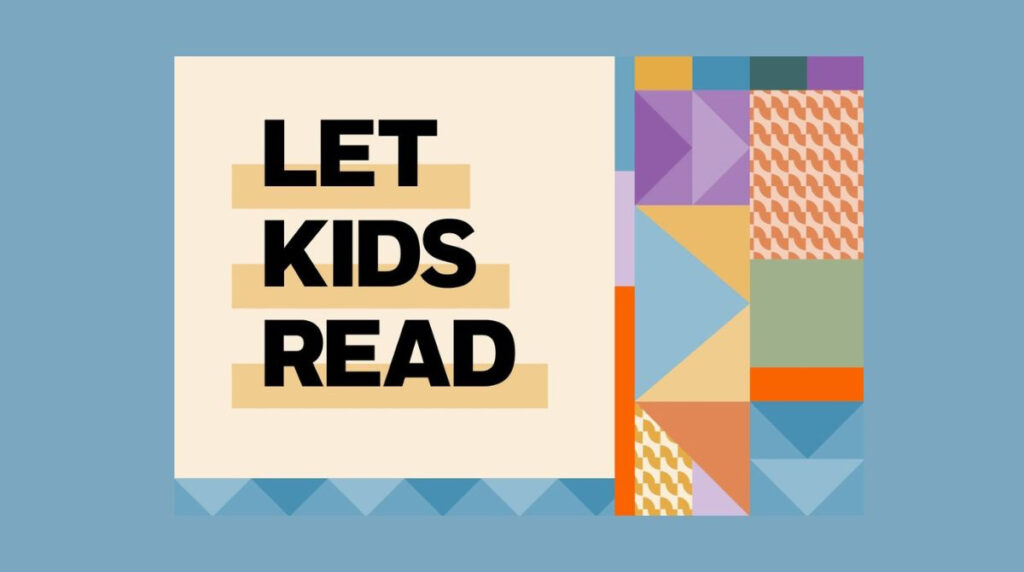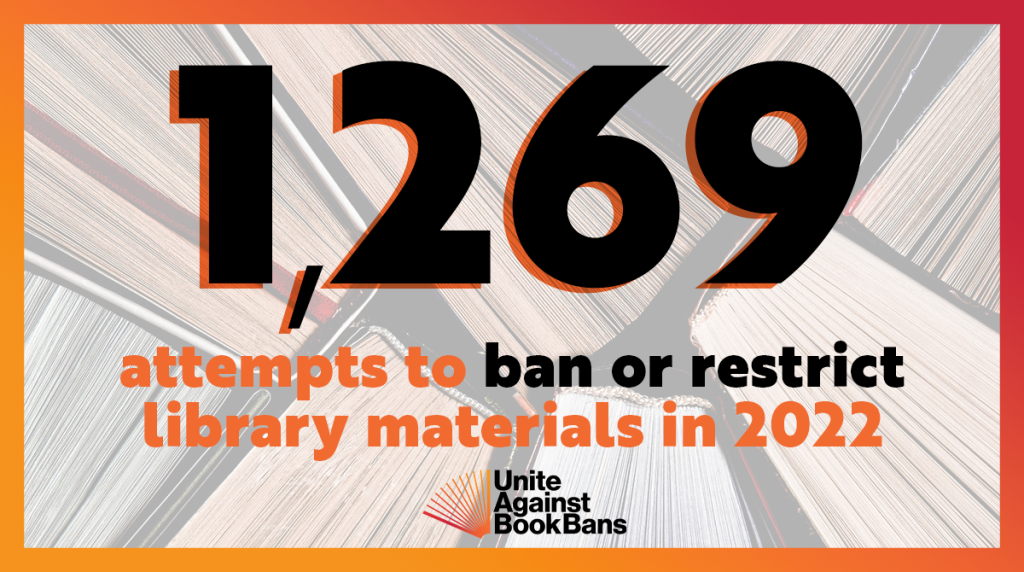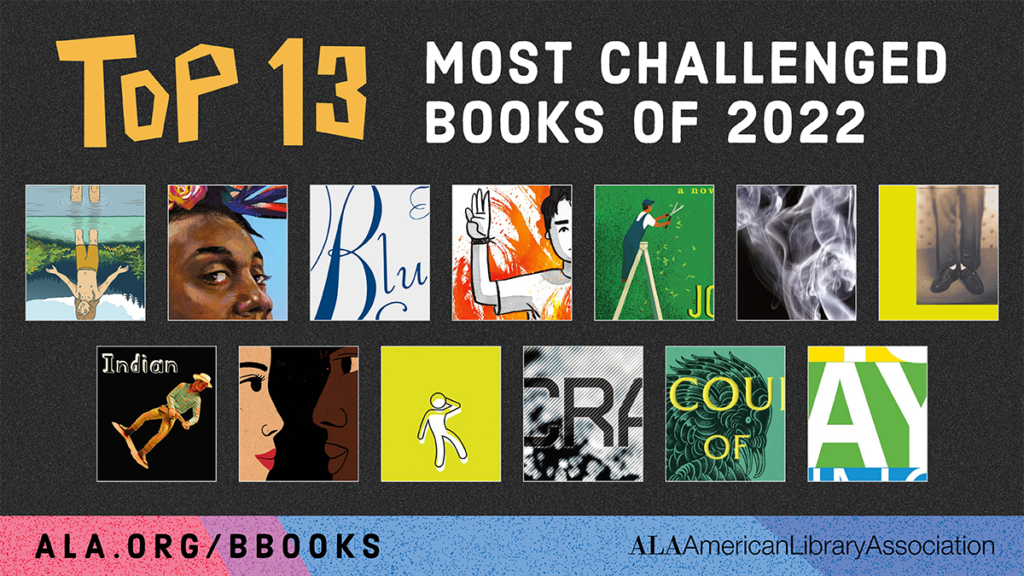This blog post is from Dan Novack with Penguin Random House – a Unite Against Book Bans partner.
Penguin Random House creates books for everyone. There is no one-size-fits-all approach.
Suffice it to say that not every book is for everyone. As Supreme Court Justice John Harlan observed in the landmark 1971 case Cohen v. California, “one man’s vulgarity is another’s lyric.”
Rejecting this truism, government authorities across the country have taken it upon themselves to define which ideas are acceptable for students to encounter, even in their independent reading. Seminal works that many Americans grew up with—such as Native Son, Of Mice and Men, and Are You There God? It’s Me Margaret—are being pulled from library shelves. The rationale: students aren’t ready for them.
Ready or not, here they come! Parents cannot hermetically seal their children away from popular culture, their peers, or—most critically—their smartphones. Banning books does not block the ideas contained in them. It merely stigmatizes them and, by extension, their readers.
Not only are book bans futile; they are counterproductive. If a student cannot discover quality books curated by trained and dedicated professionals, such as teachers or librarians, they will only have access to unreliable sources. They will enter the world ill-equipped to handle challenging perspectives or ideas, losing their ability to adapt and grow as independent thinkers.
The First Amendment ensures that authors can communicate their ideas to students without undue interference by the government. That is the right to read. As Supreme Court Justice John Brennan wrote, “The dissemination of ideas can accomplish nothing if otherwise willing addressees are not free to receive and consider them. It would be a barren marketplace of ideas that had only sellers, and no buyers.”
If the government dislikes a message, it can offer its own competing vision, participating in the marketplace of ideas as a seller. Banning a book is the resort of a government whose message cannot win the hearts and minds of a community.
As a publisher, we connect authors with readers. Book bans sever those associative bonds. When we challenge censorship, we defend our right to compete on a level playing field, free of government interference. That is the right to be read. Let the best books—and the best ideas—win.
Penguin Random House is a proud partner to Unite Against Book Bans. To learn more about what we’re doing – and what you can do – to protect the freedom to read, visit https://www.penguinrandomhouse.com/banned-books/.



